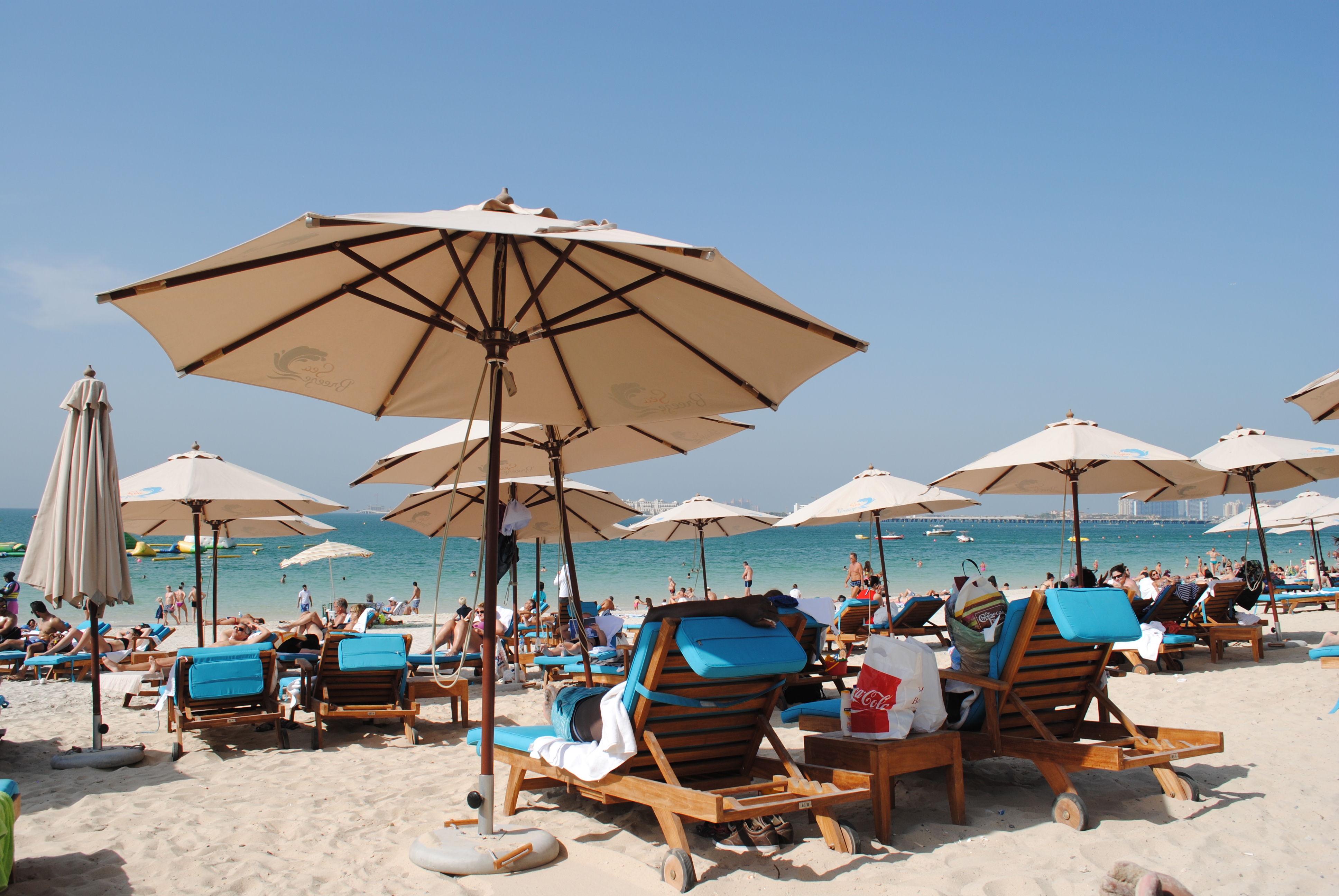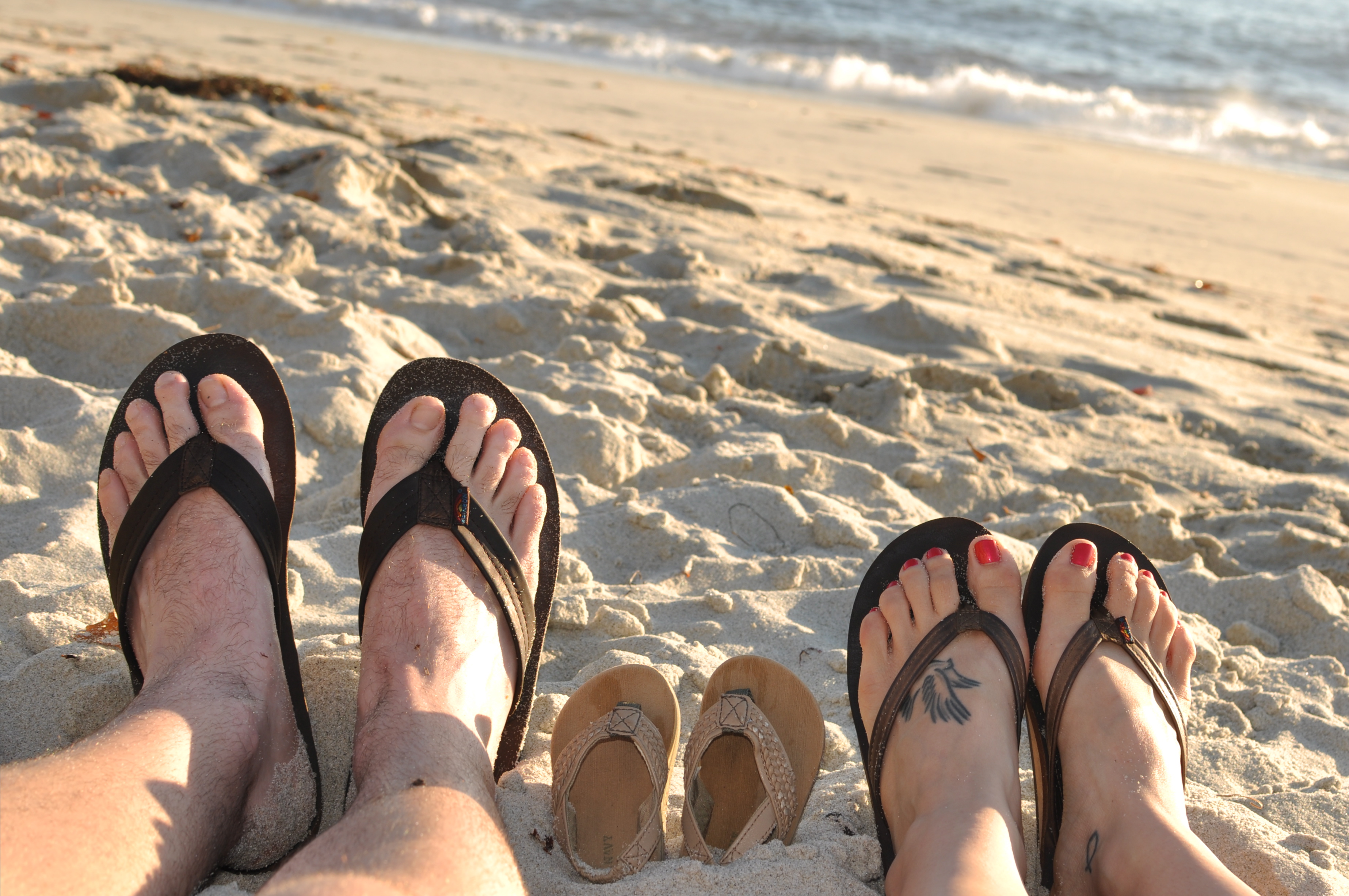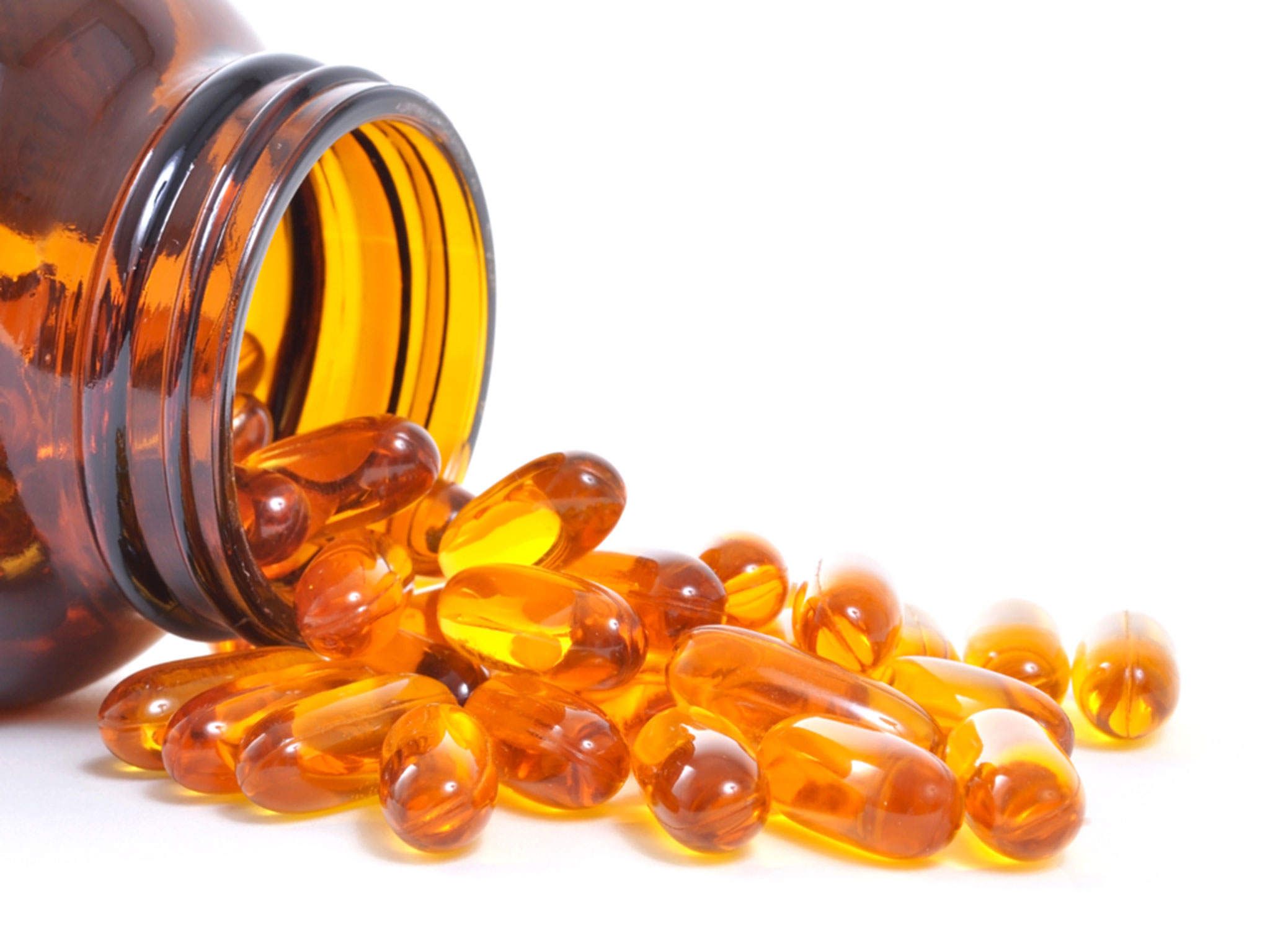Too hot in Dubai? Think of the Bright side… this can actually boost your IVF success!
Monday, July 24, 2017
 Yes we all know that the heat in U.A.E during summer is sometimes unbearable and we all try to hide out in our apartments and offices with the AC on full blast, and head straight to our cars without even saying bye to our peers from the fear of melting.Well, now there is a bright side to all this for couples who are trying to conceive through IVF, getting that tan from JBR or Kite Beach could boost your chances for a successful IVF. Recent studies show that with the right amount of Vitamin D your chances of a successful IVF may be doubled.
Yes we all know that the heat in U.A.E during summer is sometimes unbearable and we all try to hide out in our apartments and offices with the AC on full blast, and head straight to our cars without even saying bye to our peers from the fear of melting.Well, now there is a bright side to all this for couples who are trying to conceive through IVF, getting that tan from JBR or Kite Beach could boost your chances for a successful IVF. Recent studies show that with the right amount of Vitamin D your chances of a successful IVF may be doubled.
With this said, you now have a better reason to hit the mall & buy that swim suit you’ve been eyeing!
Vitamin D – The Sunshine Vitamin!!
A dose of sunshine is the best natural source of Vitamin D and can also increase your chances of IVF success. We have always known how Vitamin D helps in pregnancy for a long time and helps in the development of the baby. But now, there is a growing body of research into its contribution to positive IVF treatment outcomes as well.
Importance of Vitamin D in pregnancy:
Your body needs vitamin D to maintain proper levels of calcium and phosphorus, which help build your baby’s bones and teeth. Vitamin D, known as the “sunshine” vitamin, enhances and helps to regulate the intestinal absorption of essential minerals including calcium, magnesium, phosphate, and zinc. These levels are maintained through either dietary ingestion or through the skin’s exposure to sunlight.
What happens if your body doesn’t get enough Vitamin D?
Vitamin D deficiency is common during pregnancy. Inadequate vitamin D can lead to abnormal bone growth, fractures, or rickets in newborns. Some studies link vitamin D deficiency to a higher risk of pregnancy complications such as gestational diabetes, preeclampsia, preterm birth, and low birth weight, but more research is needed to confirm these links. The symptoms of a vitamin D deficiency can be subtle. They may include achy muscles, weakness, bone pain, and softened bones, which may lead to fractures. You can also have a vitamin D deficiency without any symptoms. And if that happens while you’re pregnant, your baby can suffer a deficiency, too.
 Could Vitamin D also contribute to IVF Success?
Could Vitamin D also contribute to IVF Success?
So getting a tan this summer might just boost your chances for a successful IVF treatment. Researchers followed 154 women who were vitamin D deficient and 181 women who had sufficient levels of vitamin D in their blood. The women who had sufficient vitamin D were nearly twice as likely to conceive through their IVF cycle as their deficient counterparts. Women who had vitamin D levels of at least 20 ng/ml in their blood were considered to have sufficient levels of the hormone. Levels of 30 ng/ml are recommended for general health. However this is not always the true, the result may vary based on a person’s race. Briana Rudick at Columbia University Medical Center in New York and her partners thought about vitamin D levels and IVF achievement rates in white Hispanic, white non-Hispanic, and Asian ladies from south-east Asia and the Indian subcontinent.
Every one of the 188 ladies incorporated into the investigation was having IVF surprisingly.
Of these ladies, just 42 percent had the suggested levels of vitamin D – a little more than a third had lacking levels, while a fifth was totally insufficient.
The analysts found that white ladies who were vitamin D packed were four times more inclined to have a fruitful pregnancy when contrasted with ladies of a similar race who were insufficient in the vitamin.
Out of the blue, the turnaround was valid for Asian ladies as those with the least vitamin D levels were destined to get pregnant
 What steps can you take to get Vitamin D?
What steps can you take to get Vitamin D?
Research suggests sensible sun exposure (usually 5-10 min of exposure of the arms and legs or the hands, arms, and face, 2 or 3 times per week) can help as well. However, the best way to really ensure adequate vitamin D is through simple supplementation. When supplementing, your choices will be between two forms of vitamin D. Ergocalciferol is the vegetarian form of vitamin D and cholecalciferol is the animal-sourced form, usually derived from fish liver oil or lanolin from sheep.
Practices that reduces Vitamin D:
- Sunscreen SPF 50 may prevent skin cancer, but it also blocks vitamin D production.
- Fat cells obese patients produce vitamin D less rapidly than patients of normal weight.
- Melanin Darker-skinned people produce vitamin D at a slower rate than those who have fair skin. The pigment in dark skin (melanin) doesn’t absorb as much UV radiation.
- Age Older people also produce vitamin D more slowly. Among the population of reproductive age, however, the effect of age is minimal.
- Latitude Northern latitudes, with their longer winters and shorter summers, provide less opportunity for sun exposure.
Note: More than 85% of U.A.E residents suffer from deficiency of Vitamin D and the condition seems to be extensive during summer- one reason for this could be due to lack of outdoor activities. It would be a good idea to involve yourself with some outdoor activities to help increase the Vitamin D that your body needs. Always remember to make sure you have all the vitamins and nutrients your body needs to function properly, is an important part of taking care of your overall health!









